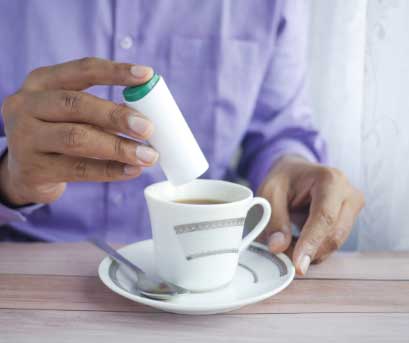Winter can be a tough season for our bodies. Cold temperatures, dry air, and reduced sunlight can all take a toll on our health. To stay healthy and avoid getting sick, it’s important to take care of ourselves and boost our immune systems. One way to do this is by incorporating supplements into our daily routine.
Here are the 5 supplements you should keep in your home to stay healthy this winter:
Vitamin C
This essential nutrient is a key player in supporting immune health. It can help to reduce the severity and duration of colds and other respiratory infections. Vitamin C is also an antioxidant, which means it helps to protect our cells from damage caused by free radicals.
There is some evidence to suggest that vitamin C may help to reduce the severity and duration of colds. One review of 29 studies found that taking vitamin C supplements reduced the duration of colds by an average of 8% in adults and 14% in children (Hemilä, 2017). Another review of 30 studies found that vitamin C reduced the risk of developing a cold by 50% in physically active people and by 30% in the general population (Hemilä, 2017).
Zinc
This mineral plays a crucial role in immune function and has been shown to help shorten the duration of colds. It can also help to reduce the severity of symptoms such as cough and sore throat.
Several studies have shown that zinc can help to reduce the duration and severity of colds. A review of 13 studies found that taking zinc within 24 hours of the onset of cold symptoms reduced the duration of colds by an average of 33% (Singh & Das, 2013). Another review of nine studies found that zinc reduced the severity of cold symptoms and shortened the duration of colds by an average of one to two days (Hulisz, 2004).
Vitamin D supplements
Also known as the “sunshine vitamin,” vitamin D is produced by our bodies when our skin is exposed to sunlight. During the winter, it can be harder to get enough vitamin D due to reduced sunlight. Vitamin D is important for immune health and can help to prevent respiratory infections.
Several studies have found that vitamin D may help to prevent respiratory infections. A review of 25 studies found that taking vitamin D supplements reduced the risk of developing a respiratory infection by 12% (Martineau, 2017). Another review of 11 studies found that vitamin D supplementation reduced the risk of respiratory infections by 50% in older adults (Lansdowne & Provost, 1998).
Elderberry
This natural supplement is derived from the elderberry plant and has been used for centuries to treat colds and flu. Elderberry has been shown to help reduce the duration and severity of cold and flu symptoms. It is also a rich source of antioxidants.
There is some evidence to suggest that elderberry may help to reduce the duration and severity of cold and flu symptoms. A study of 60 people found that taking elderberry supplements reduced the duration of flu symptoms by an average of 4 days (Zakay-Rones et al., 2004). Another study of 198 people found that taking elderberry supplements reduced the severity of cold and flu symptoms and shortened the duration of illness by an average of 3 days (Tiralongo et al., 2016).
Echinacea
This popular herb has been used for centuries to treat colds and other respiratory infections. It is thought to boost the immune system and reduce the severity and duration of colds and other respiratory infections. Several studies have found that echinacea may help to reduce the severity and duration of colds and other respiratory infections.
*Avoid using echinacea if you’ve got an autoimmune disorder.
A review of 14 studies found that echinacea reduced the risk of developing a cold by 58% and shortened the duration of colds by 1.4 days (Linde et al., 2006). Another review of 11 studies found that echinacea reduced the severity of cold symptoms and shortened the duration of illness by an average of 1 to 4 days (Schoop et al., 2006).
By incorporating these supplements into your winter wellness routine, you can help to keep your immune system strong and reduce your risk of getting sick. As always, it’s important to consult with your healthcare provider before starting any new supplement regimen.
If you’re looking at other ways to boost your immune system this winter, check out this blog post!
We hope these suggestions help you stay healthy and happy this winter!
If you’d like to schedule a meeting with Maya to discuss your health click here!



